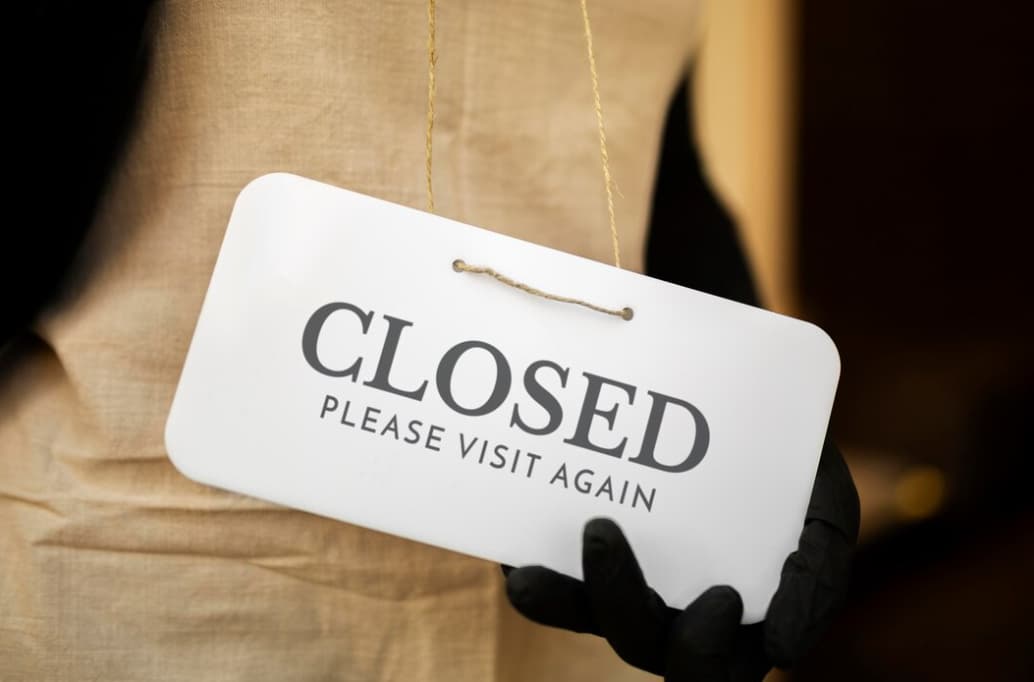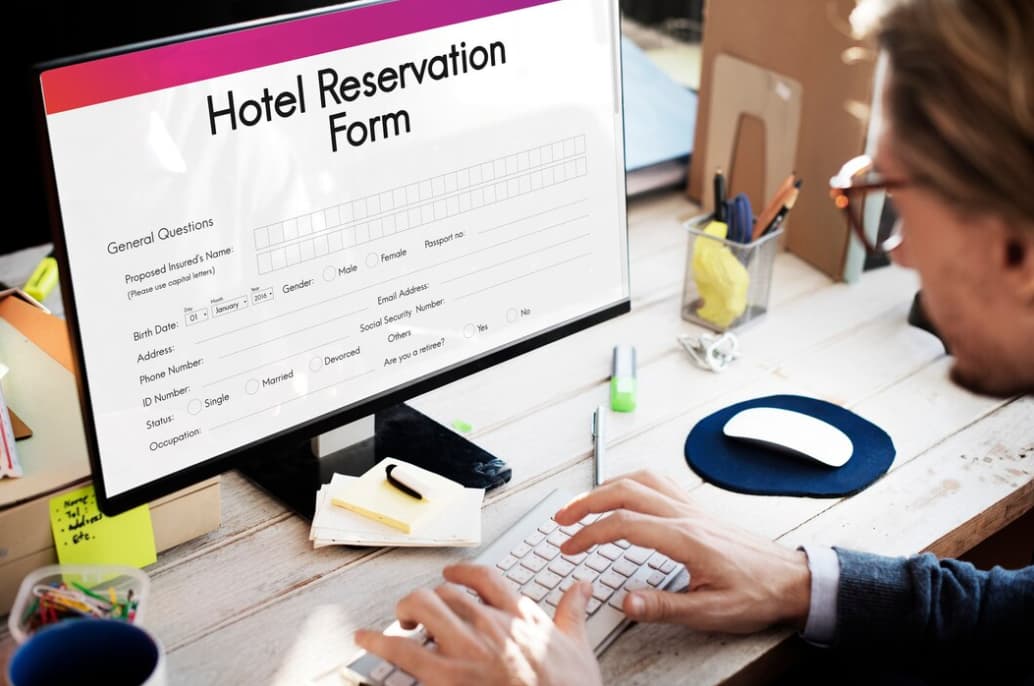
A Comprehensive Analysis of Why Hotels Are Sold Out Today
What’s the Truth Behind “Hotel Sold Out” Notices?
The high travel season can be a demanding time when trying to secure a hotel room. We’ve all faced the disappointment of seeing the “sold out” notice on our preferred hotel’s booking page. But is “sold out” always synonymous with no vacant rooms?
The quick response is no; hotels do not necessarily lack free rooms when they display a “sold out” status. In this detailed discourse, we shall delve into the reasons behind this seemingly deceptive practice and the tactics that hotels employ to instill urgency in prospective clients.
The Reasons for “Hotel Sold Out” Notices
Booking a hotel room and meeting a “sold out” sign can be disheartening, more so when you have specific dates or locations in mind. But hold on, why would hotels declare a “sold out” status? Here are some insights:
- Generating Urgency: Hotels strive to get clients secured as quickly as possible. Thus, by announcing that rooms are almost ‘sold out,’ they aim to quicken your decision-making process to seal the deal before you miss out. This tactic is generally employed during peak travel times or grand events when demand is high;
- Profit Maximization: Occasionally, when hotels declare a “sold out” status, they may still have rooms available. Some hoteliers will hold off from selling the rooms until they can fetch a higher price—termed yield management. This approach allows them to maximize profits by altering room rates in line with demand. By creating an illusion of high demand, they can charge more for their rooms;
- Inventory Management: Hotels might also declare a “sold out” status to manage their room inventory. If they anticipate a significant group or event, they might withhold rooms to ensure there’s enough supply for that specific group. For instance, if a hotel is undergoing renovations, or has rooms out of service, they might announce a “sold out” status to prevent overbooking.
Therefore, whenever you come across a “sold out” status, take it lightly. It might be accurate, but it’s likely a tactic to cultivate urgency, maximize profits, or manage room inventory.
How do Hotels Justify Their “Sold Out” Status?
Let’s assume you are planning a trip or attending an event, and your hotel of choice declares a “sold out” status. This can be frustrating, right? Nevertheless, the truth is hotels occasionally announce a “sold out” status even when they have available rooms. Here’s why:
- Overbooking Practice: One primary reason why hotels declare a “sold out” status revolves around overbooking. They agree to more reservations than available rooms, anticipating some guests might cancel or fail to show up. While this is a risky strategy, it is often profitable as it ensures a full house. If too many guests show up, the hotel may have to relocate some to another hotel;
- VIP Room Reservation: Another reason might be the reservation of rooms for VIP guests. These could be celebrities, high-ranking businesspersons, or even regular guests who enjoy a unique relationship with the hotel. By reserving these rooms, the hotel ensures availability for their valued guests;
- Online Inventory Restriction: Hotels also can limit their online inventory, meaning they don’t list all their rooms for online booking through third-party websites or travel agencies. This ensures they maintain control over their rates and occupancy. So, if a hotel appears “sold out” online, they probably have rooms available if you contact them directly;
- Strategic Room Release: Hotels may announce a “sold out” status to provoke urgency among potential clients. They may later release additional rooms at higher rates or as part of a promotion. This is a strategy to increase revenue and fill up rooms during slower periods.
So, the next time a hotel tells you it’s “sold out”, remember it can either be true or a tactical move to maximize profits.

What are Your Options When a Hotel is “Sold Out”?
It’s not the end of the world when your dream hotel declares a “sold out” status. Here are some tips to help you secure a room:
- Direct Hotel Call: If a hotel displays a “sold out” status online, consider calling the hotel directly. They may have last-minute cancellations or availability not shown online. Also, inquire about any upcoming promotions or discounts that might create room for you. Being kind and polite to the front desk staff increases your chances of getting a room;
- Use Third-Party Booking Sites: Sometimes, third-party booking platforms may have available rooms at hotels that declare a “sold out” status. This is because they sometimes access a different room inventory than the hotel’s website. Nevertheless, always vet the booking site before making a reservation to avoid hidden charges or rigid cancellation policies;
- Flexibility and Patience: If you’re determined to stay at a particular hotel, think about flexible travel dates. Hotels sometimes have availability on specific days or during certain seasons, unlike during peak travel times. Stay patient and persistent; re-check the hotel regularly as last-minute cancellations or no-shows might free up a room.
The Best Time to Book a Hotel Room
For those looking to secure the best deals and avoid the dreaded ‘sold out’ notice, knowing the best time to book a hotel room can be a game-changer. Typically, booking a hotel room 1-3 months in advance of your stay can secure the most competitive rates.
Keep in mind that this timeframe can shift based on the destination and time of the year. During peak vacation periods such as the summer or the holidays, it could be worth booking even further in advance.
Understanding the Role of Hotel Booking Sites

Online booking sites can be a helpful tool for travelers, offering a convenient way to compare prices across different hotels. However, it’s important to bear in mind that these sites don’t always have the full picture of a hotel’s availability. As we’ve mentioned earlier, some hotels might hold back rooms from these platforms.
By calling the hotel directly, you might uncover availability that’s not shown online. It’s also worth noting that booking directly with a hotel often comes with perks such as flexible cancellation policies or the ability to make specific room requests.
Conclusion
The ‘hotel sold out’ notice may not always imply an absence of rooms. Hotels employ various tactics, from establishing a sense of urgency to controlling inventory and maximizing profits. They’re not always entirely sold out as they claim.
By comprehending these tactics and maintaining flexibility and patience in your search, you enhance the chances of securing a room, even in the peak travel season. The next time you see a ‘sold out’ notice, take it lightly, with resilience and insider knowledge, you might just land the perfect hotel room after all.